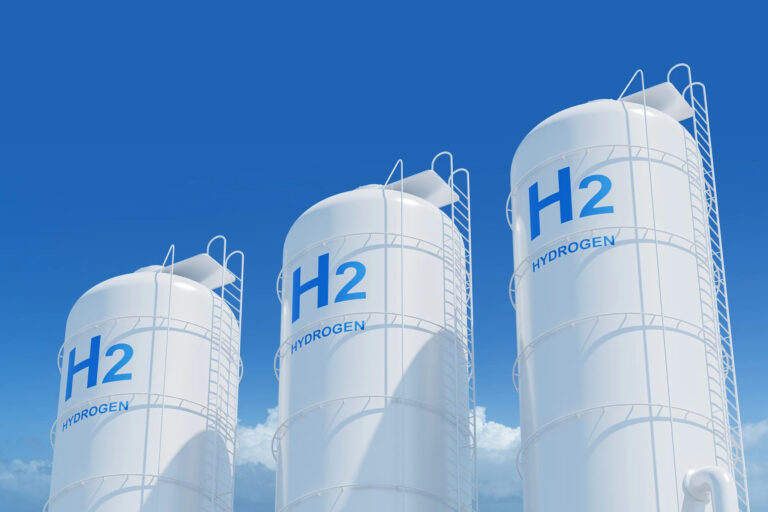🎧 Listen to This Article
The Inflation Reduction Act’s (IRA) “clean” hydrogen tax credit, or 45V, may survive the Republican-led push for tax cuts and budget reconciliation. Still, significant modifications could shift its focus from low-carbon energy to fossil fuel-based hydrogen production.
The credit, designed initially to incentivize low-emission hydrogen production, is a crucial driver for the emerging hydrogen sector. However, proposed changes by Senate Republicans, led by Sen. Shelley Moore Capito (R-W.Va.), could alter its structure in ways that weaken its climate impact while making it more expensive—a concern for budget-conscious lawmakers.
The GOP is considering changes that may expand eligibility for hydrogen projects reliant on natural gas, rather than strictly supporting renewable-based hydrogen. This potential shift has sparked tensions between clean energy advocates and those prioritizing energy security and economic development.
As the reconciliation process unfolds, the future of the 45V tax credit remains uncertain, with Democrats and environmental groups pushing to maintain its original emissions-based requirements while Republicans seek to broaden its scope. The debate highlights the challenges of balancing energy policy, climate commitments, and fiscal responsibility in the evolving hydrogen market.
For further details, clarification, contributions, or any concerns regarding this article, please contact us at editorial@tax.news. We value your feedback and are committed to providing accurate and timely information. Please note that our privacy policy will handle all inquiries



